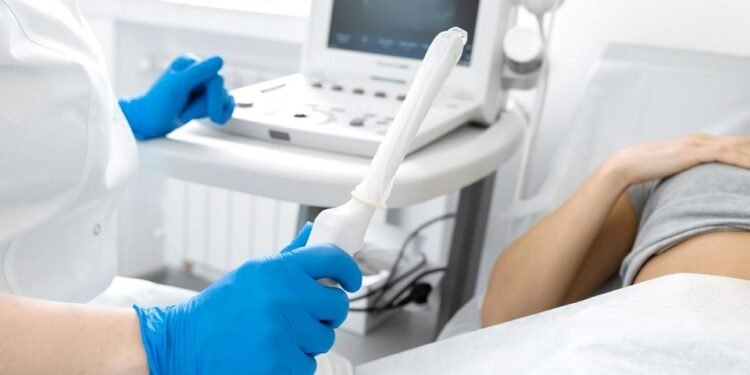Many people and couples struggle to pursue fertility treatment since the topic can contain emotions and sophisticated medical terminology. To conceive, many women require specialised medical care. Fertility treatment is the term for this type of medical intervention. Find out more about fertility treatment in this blog post.
Fertility treatment may be an option to consider if:
- You are trying to conceive, but your periods are painfully erratic, or you do not have them.
- You have had a miscarriage or struggled with fertility issues like endometriosis or pelvic inflammatory disease.
- You and your partner suspect a male cause (such as a man’s history of infertility or testicular damage).
Here is what to do if you and your spouse fear you might require medical assistance to conceive:
- Consult your doctor. You could also consult a fertility doctor or a reproductive endocrinologist.
- Share your family’s medical background with your doctor. Keep track of all medical issues and treatments you, your partner, and your extended family have undergone.
- Attempt to conceive naturally by making any necessary adjustments to your lifestyle. You and your partner’s fertility may be negatively impacted by the following:
- Smoking
- Being overweight or underweight
- Consuming excessive coffee
- Taking certain medications.
- Keep track of when you ovulate and monitor your menstrual cycle. Ovulation often occurs when your periods are halfway through their cycles. Keep track of the first day of your cycle and how long it lasts each month to determine your ovulation time. You can also consult our online ovulation calendar.
Your doctor may order a series of tests to determine whether you and your partner require therapy. For instance, your service provider might:
- Suggest your boyfriend obtain a sperm test to ensure the quality of his sperm. A semen analysis is what you need to do. If he needs this test, your doctor can inform him where to get it.
- Check your fallopian tubes and uterus to make sure they are working correctly. It can be difficult to conceive if your tubes are obstructed or your uterus is not functioning correctly. These issues might be treatable with the proper care.
Following the results of these examinations, you and your spouse can discuss reproductive treatment options with your doctor.
What Complications Might One Expect From Fertility Treatment?
Many women do become pregnant after undergoing fertility treatment. The most significant danger is that treatment can increase your risk of multiple pregnancies. If you have been undergoing fertility therapy, you may suddenly have many eggs. Multiple pregnancies are possible if sperm fertilises numerous eggs.
Some forms of fertility therapy increase your child’s risk of developing health issues. You and your spouse should discuss the potential hazards of fertility therapy with your practitioner before making a final decision.
There is also a chance of bleeding and infection with any fertility treatment. Ovarian hyperstimulation syndrome (OHSS) is another possibility. Ovarian pain can be a side effect of the drugs used in specific reproductive therapies.
Some people with OHSS report feeling sick and bloated. Some extremely uncommon cases of women experiencing fast weight gain and shortness of breath necessitating immediate medical attention exist.
Conclusion
Deciding to get fertility therapy can be a stressful and personal experience. It is crucial to consult a doctor if you have been trying to conceive for six months to a year without success. They can determine the root of your infertility issues and point you toward treatments and information that could assist.
Realise that you are not alone; infertility is a problem many couples face. Keeping a positive attitude and being patient is also crucial, as treatments might take time and outcomes vary. Education and taking the initiative to find the best solution for you and your partner matter most. Starting a family can be paved quickly with the right resources and advice.












